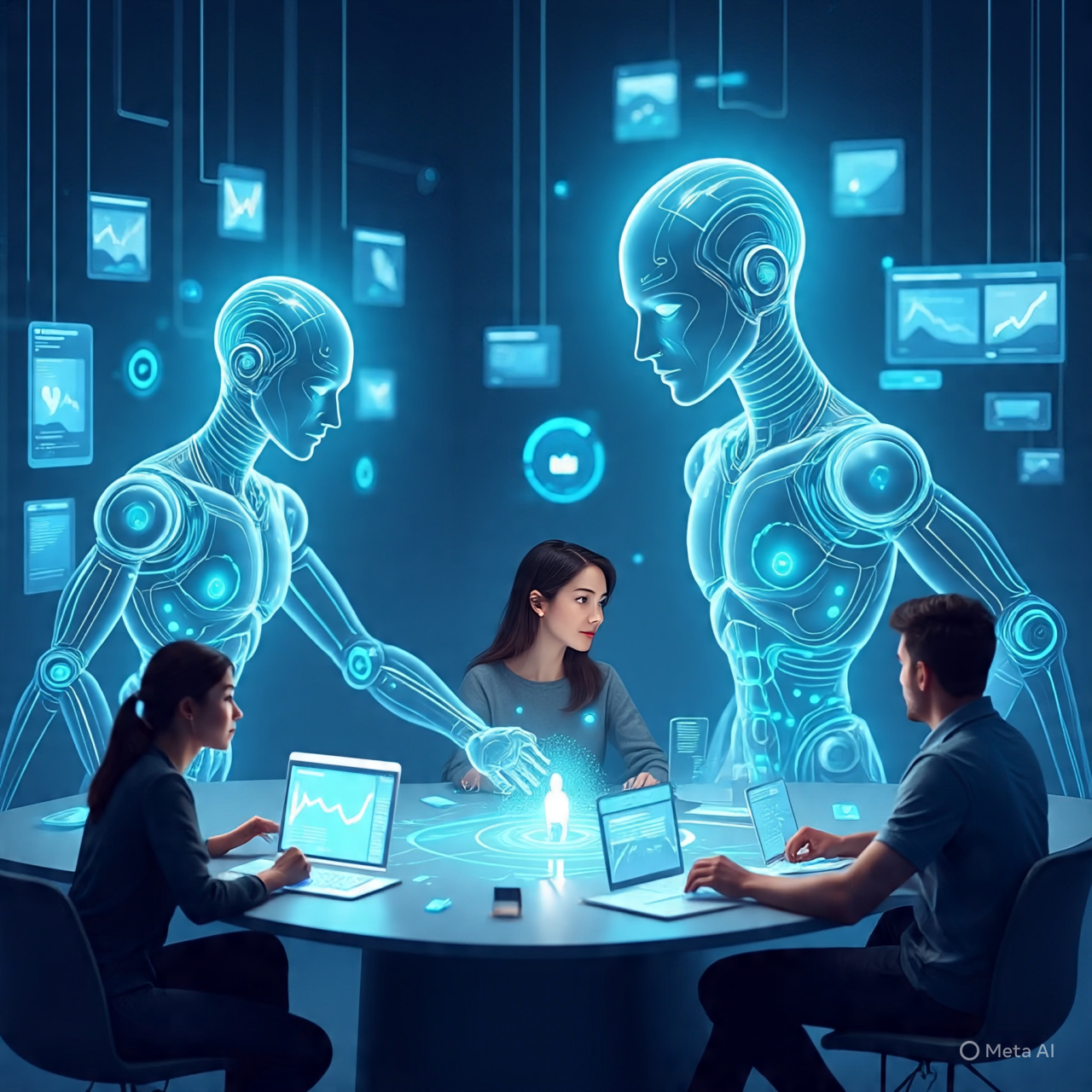For the past few years, we’ve talked about AI as a tool—an assistant like GitHub Copilot that helps developers write code faster. But the ground is shifting. We are now entering a new era, moving from AI assistants to autonomous AI agents. This isn’t just an upgrade; it’s a fundamental change in how we create technology.
An autonomous AI agent is a system that can take a high-level goal, independently break it down into tasks, execute those tasks, and learn from the results to achieve the goal. Think of it less like a helpful tool and more like an intelligent, tireless junior developer on your team. This technology is poised to become one of the biggest disruptions the tech world has ever seen.
What Can AI Agents Actually Do? 🤖
This isn’t science fiction. Early versions of these agents are already demonstrating incredible capabilities that are rapidly improving.
- From Idea to Application in Minutes: Imagine giving an agent a simple prompt: “Build a customer review website for my restaurant. It needs user login, a 5-star rating system, and a photo upload feature.” The agent can then choose the tech stack, write the frontend and backend code, create the database schema, debug its own errors, and deploy the live application.
- Complex Research and Strategy: A business could task an agent to “Analyze the top three competitors for our new mobile app in the European market. Summarize their key features, pricing models, user reviews, and marketing strategies, then suggest three unique features we could build to gain a competitive advantage.”
- Self-Healing Systems: An AI agent can monitor a complex cloud infrastructure. If it detects a server is slowing down, it can diagnose the problem, decide to provision more resources, and execute the solution—all before a human engineer even sees the alert.
How Developers and Businesses Will Win
The rise of AI agents isn’t about replacing humans. It’s about elevating our roles.
- For Developers: The role of a developer will evolve from a coder to an AI orchestrator. Instead of writing thousands of lines of code, developers will define the architecture, set the strategic direction, and supervise teams of AI agents to execute the vision. Your job becomes less about fixing syntax errors and more about creative problem-solving at a higher level.
- For Businesses: This translates to a massive acceleration of innovation. The time and cost required to build custom software, test new ideas, and get products to market will plummet. Companies will be able to build hyper-personalized customer experiences and sophisticated internal tools that were previously unimaginable or too expensive to create.
The Road Ahead: Challenges and Opportunities
The technology is still in its infancy. Today’s AI agents can still make mistakes, get stuck in loops, and require human oversight. We also need to address important questions around security, ethics, and job displacement.
However, the pace of progress is exponential. The challenges we see today are the problems being solved by the brightest minds in the world right now. Companies that begin to understand and experiment with this technology will have a significant head start.
The era of the AI workforce is beginning. The question is no longer if AI agents will build our software, but how we will harness their power to build a better future.
At DevSolvex, we are passionate about navigating the future of technology. If you’re ready to explore how AI-driven solutions can revolutionize your business, connect with us. Let’s build the future, together.

